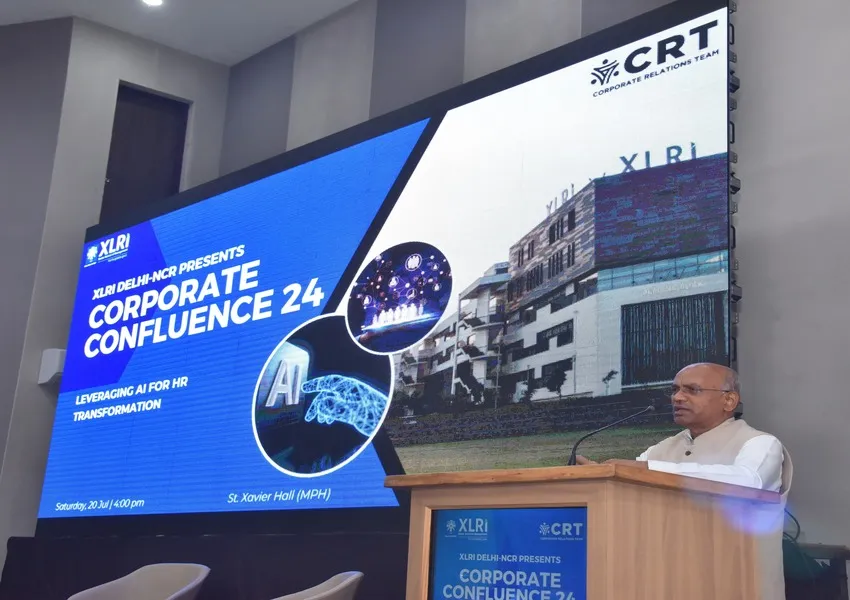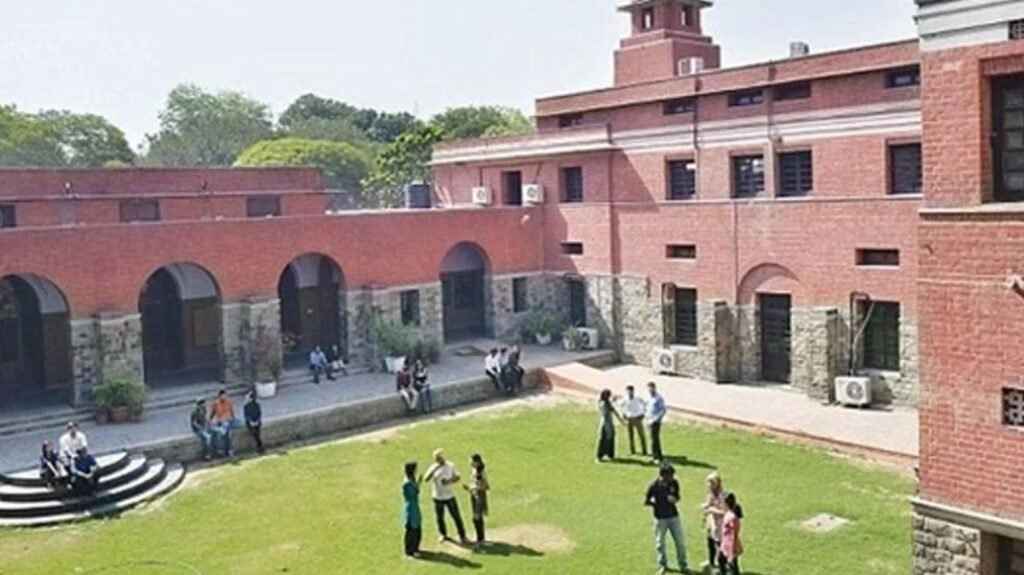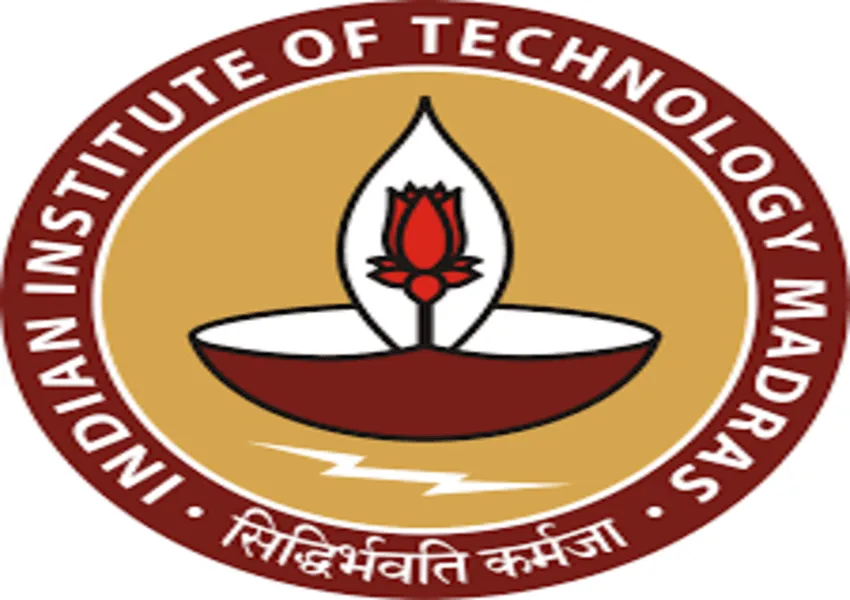A high-level committee for social sciences, appointed by the National Council of Educational Research and Training (NCERT) to revise school curricula, has proposed replacing the name “India” with “Bharat” in textbooks, according to several media reports. While a report by India Today confirmed that the proposal has been accepted, and the new NCERT books will carry the name change, NCERT has stated that it is too soon to comment on the development.
The committee is one of 25 such panels that the NCERT constituted to revise textbook curriculum every few years to ensure information is up to date and adheres to a certain standard. The proposal to make these changes was reportedly submitted months ago. It was motivated by the Centre’s decision to print “Bharat” on invitations sent for the G20 dinner hosted by President Droupadi Murmu.
The committee also proposed incorporating ‘”classical history” in place of “ancient history” in the curriculum, according to the committee’s chairperson CI Issac. The unanimous recommendation outlined in the committee’s final position paper on social sciences, which aims to establish a foundation for new NCERT textbooks.
Issac, who is also a member of the Indian Council of Historical Research (ICHR), told PTI, “Our failures are presently mentioned in the textbooks. But our victories over the Mughals and sultans are not.”
According to a report by the Hindustan Times, Issac stated that the term “India” gained common usage after the establishment of the East India Company in 1757. The committee advocates using the name “Bharat” in textbooks across classes, emphasising its historical significance.
Additionally, the committee suggested introducing “classical history” to portray India’s scientific achievements, countering the British-era division of Indian history into ancient, medieval, and modern phases. The proposal reportedly aligns with Article 1(1) of the Constitution, which states, “India, that is Bharat, shall be a Union of States.”
Isaac also informed that other recommendations by the committee include introducing the “Indian Knowledge System” (IKS) in the syllabus for all subjects.
The NCERT is revising the curriculum of the school textbooks in line with the National Education Policy (NEP) 2020. The council recently constituted a 19-member National Syllabus and Teaching Learning Material Committee (NSTC) to finalise the curriculum, textbooks and learning material for these classes.
Over the last six years, the NCERT has made around three rounds of changes in its textbooks. These were done primarily in their history, political science, and sociology textbooks for students in classes 6 to 12. While changes in sciences and mathematics also take place, these are generally minimal, depending on advancements in the fields. Changes in educational books often stir controversy due to competing ideologies and their significance in shaping knowledge among the younger generations.
Other members of the committee include ICHR Chairperson Raghuvendra Tanwar, Vandana Mishra, Professor, Jawaharlal Nehru University (JNU), Vasant Shinde, former vice-chancellor of the Deccan College Deemed University, and Mamta Yadav, a sociology teacher in a Haryana government school.



